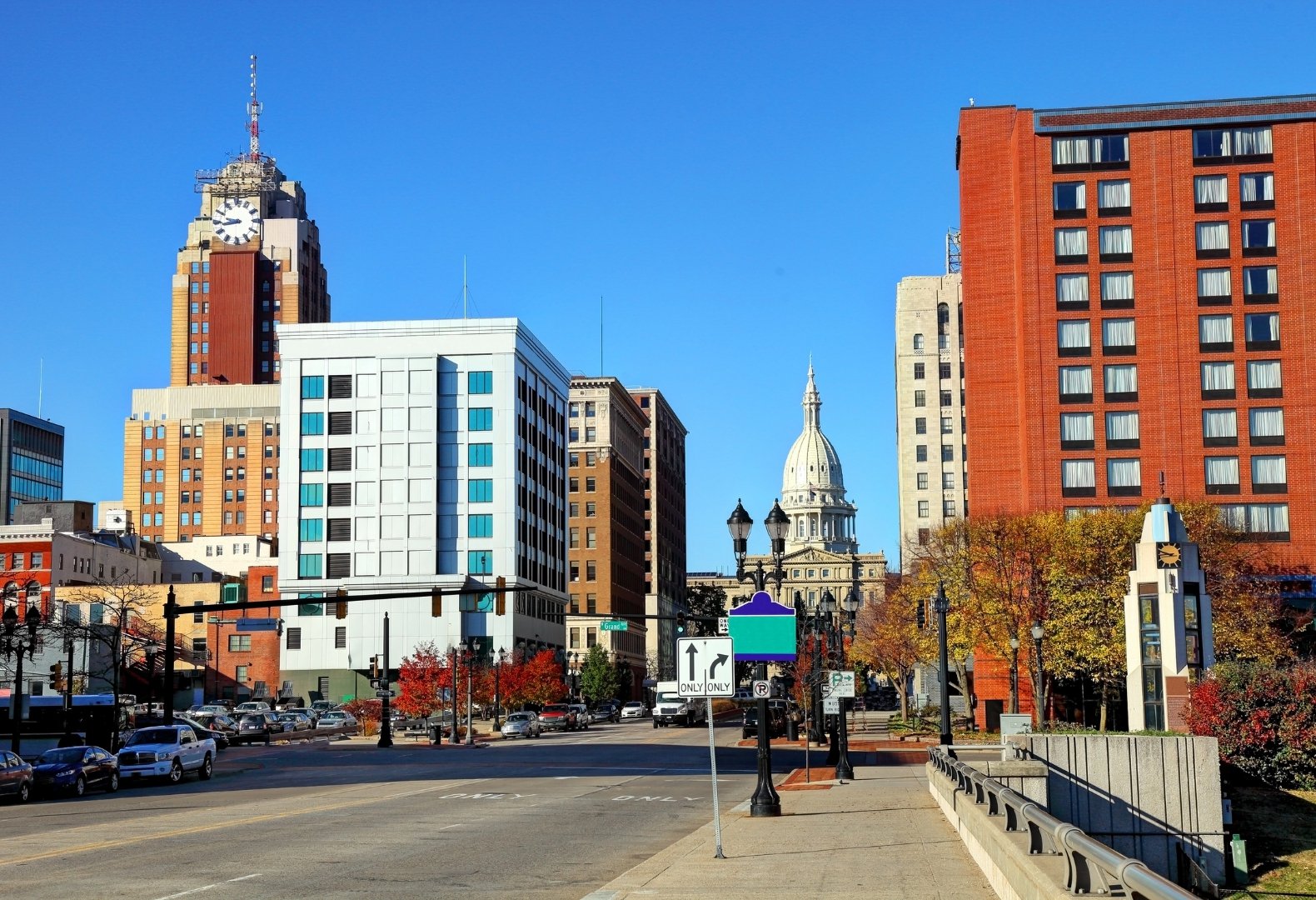The devastation caused by wildfires, such as those in Pacific Palisades, has underscored the critical importance of having comprehensive fire damage coverage. Property owners, from homeowners to commercial facility managers, often assume their policies will fully cover losses—only to face delays, denials, or underpayments when disaster strikes. Understanding the intricacies of fire damage insurance claims is essential for securing a fair settlement and ensuring a smooth recovery process.
Evaluating Your Current Insurance Policy
Regularly reviewing and updating your insurance policy is key to ensuring that you have sufficient coverage for potential fire damage losses. Many property owners find themselves underinsured, either due to policy exclusions or outdated coverage amounts that do not reflect the true cost of rebuilding.
Key Considerations for Fire Damage Insurance Policies:
- Assess whether your dwelling or commercial property coverage aligns with current construction and repair costs.
- Ensure that your policy includes replacement cost coverage rather than actual cash value, which factors in depreciation.
- Verify your loss of use or business interruption coverage, which provides financial support while your property is being restored.
- Review exclusions related to fire damage and ensure there are no gaps in coverage that could leave you vulnerable.
Bill Wilson, author of When Worlds Collide, warns that many policyholders only discover coverage gaps after a loss occurs. By proactively evaluating your policy, you can avoid unpleasant surprises and ensure your property is fully protected.
Understanding Policy Language and Coverage Types
Insurance policies are filled with complex terminology that can be difficult to interpret. Understanding the types of coverage available in fire damage insurance claims can help policyholders advocate for fair compensation.

Essential Coverages for Fire Damage Claims:
- Dwelling or Property Coverage: Pays for the repair or rebuilding of the structure.
- Personal Property Coverage: Covers damaged or destroyed belongings, such as furniture, electronics, and equipment.
- Loss of Use or Business Interruption Coverage: Provides compensation for temporary housing or lost revenue while repairs are being completed.
- Smoke and Soot Damage Coverage: Fire damage extends beyond flames—smoke and soot can cause extensive harm, requiring professional mitigation.
- Water Damage from Fire Suppression Efforts: Firefighting efforts often result in significant water damage that must be addressed. Velocity Public Insurance Adjusters is IICRC-certified in water damage and structural drying, ensuring proper assessment of these losses.
Many policies contain endorsements that modify coverage. For example, some exclude smoke damage or limit coverage for specialty items. Consulting an expert can help you understand the fine print and prevent unexpected claim denials.
Documenting Damage for a Stronger Claim
Thorough documentation is critical for maximizing fire damage insurance claims. Insurance companies often dispute the extent of damages, so policyholders must provide clear evidence to support their claims.
Best Practices for Fire Damage Documentation:
- Take high-resolution photographs and videos from multiple angles.
- Create an inventory of damaged items, including descriptions, purchase dates, and estimated values.
- Save receipts for temporary repairs, alternative living expenses, and any related costs.
- Obtain professional assessments for structural integrity, smoke damage, and water damage caused by suppression efforts.
Proper documentation ensures that insurance companies cannot easily dispute losses. David Skipton, author of The Claims Game, highlights that insurers often use vague policy language to justify underpayments. Providing undeniable proof strengthens your claim and increases your chances of a fair settlement.
Overcoming Challenges in Fire Damage Insurance Claims
Many policyholders assume that fire damage claims will be straightforward, only to face obstacles such as lowball settlements, claim delays, and outright denials. The insurance industry has a history of minimizing payouts to protect profits, as documented in Jay M. Feinman’s Delay, Deny, Defend.

Common Insurance Company Tactics:
- Claiming pre-existing damage to avoid full payment.
- Underestimating repair costs to reduce settlement amounts.
- Delaying claim approvals to pressure policyholders into accepting lower payouts.
- Excluding certain types of fire or smoke damage to limit liability.
A study by the Office of Program Policy Analysis & Government Accountability (OPPAGA) found that policyholders who challenge unfair claims practices often receive significantly higher settlements. This underscores the importance of knowing your rights and working with experienced professionals.
The Role of Public Insurance Adjusters in Fire Damage Claims
Public insurance adjusters are licensed professionals who advocate for policyholders, ensuring fair settlements. Unlike the insurance company’s adjuster—who works for the insurer—public adjusters represent the property owner’s best interests.
How Public Adjusters Help Maximize Fire Damage Claims:
- Conducting thorough damage assessments, including fire, smoke, and water-related losses.
- Preparing detailed claim documentation to support full compensation.
- Negotiating with insurers to counter lowball estimates and unfair denials.
- Ensuring policyholders receive funds necessary for complete restoration.
Velocity Public Insurance Adjusters is certified by the IICRC in fire damage, smoke damage, and water damage. Their specialized expertise ensures that all aspects of fire-related losses are properly accounted for in claims.
Protect Your Financial Recovery
Filing fire damage insurance claims can be an overwhelming and frustrating process, particularly when insurers delay or underpay claims. Understanding policy language, documenting damages thoroughly, and seeking expert assistance are crucial steps in securing a fair settlement.
Instead of relying solely on the insurance company’s adjuster, policyholders should hire a public insurance adjuster to advocate on their behalf. Their knowledge of fire, smoke, and water damage assessments ensures that claims are thoroughly evaluated and properly compensated.
If your property has suffered fire damage, don’t navigate the claims process alone. Contact Velocity Public Insurance Adjusters to learn how we can help you navigate the complex world of insurance claims with confidence.
Claim Services We Provide
Velocity Public Insurance Adjusters handles a variety of claim types for both commercial and residential property losses: weather-related damage, theft and vandalism, fire and smoke damage.
Members of
Velocity Public Insurance Adjusters is a Certified Firm with the IICRC.
IICRC Certified Firms are known for their high level of technical experience and professionalism.
With the rapid increase in consumer calls due to the demand for mitigation and restoration projects,
Certified Firms are working in the field every day and have unmatched expertise in complex restoration projects.
Client testimonials
Don't take our word for it, see what our clients are saying about us.
Contact us
Schedule a free, no-obligation, claim and policy review. Every property claim is different, and we'd like the opportunity to provide you with an assessment of your unique situation.
- Indiana
- Kentucky
- Michigan
- Ohio
- Iowa
- Wisconsin
- South Carolina
Use of Information Purpose: We use your information to send mobile messages and respond to your inquiries as necessary. This may involve sharing your information with platform providers, phone companies, and other vendors who assist in message delivery.
Protection of Information: We do not sell, rent, loan, trade, lease, or otherwise transfer for profit any phone numbers or customer information collected through the SMS program to any third party.
Disclosure: We may disclose your information if required by law, regulation, or governmental request, to avoid liability, or to protect our rights or property.
Choices and Controls Consent: Consent to receive automated marketing text messages is not a condition of any service we provide.
Opt-Out: You can opt out of receiving further text messages via the Messaging Service by responding to any of our text messages with any of the following replies: STOP, END, CANCEL, UNSUBSCRIBE, or QUIT.
Your Responsibilities Accurate Information: Ensure that the information you provide is accurate, complete, and truthful. Do not use a false or misleading name or a name you are not authorized to use.
Consequences: If we believe the information provided is untrue, inaccurate, or incomplete, or if you have joined the program for ulterior motives, we may deny you access to the program.












